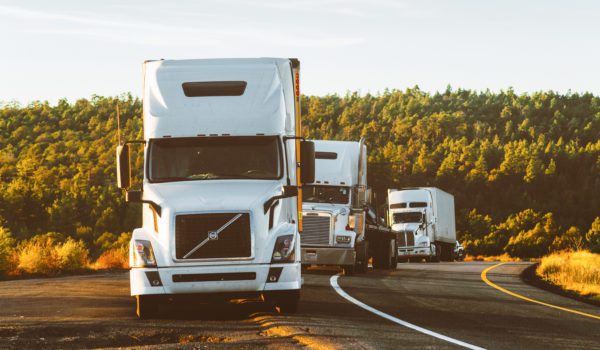On May 27, 2022, the Department of Transportation (DOT) extended its Modified Emergency Declaration No. 2020-002. This Emergency Declaration suspends the enforcement of some Federal Motor Carrier Safety Regulations (FMCSR) for coronavirus (COVID-19) supply and property transportation. The emergency declaration will remain in effect until the termination of the emergency (as defined in 49 CFR § 390.5) or until 11:59 P.M. (ET) on August 31, 2022, whichever occurs sooner.
Under the declaration, motor carriers and drivers providing “direct assistance” anywhere in the United States are granted emergency relief from 49 CFR § 395.3 maximum driving time for property-carrying vehicles.
Limitations
The exemption applies only to carriers and drivers who are performing transportation or other relief services related to the immediate restoration of essential services or supplies. It aims to allow transportation to meet immediate needs for:
- Medical supplies and equipment related to the testing, diagnosis, and treatment of COVID-19.
- Supplies and equipment necessary for community safety, sanitation, and prevention of community transmission of COVID-19, such as masks, gloves, hand sanitizer, soap, and disinfectants.
- Food, paper products and other groceries for emergency restocking of distribution centers or stores.
- Vaccines, constituent products, and medical supplies and equipment related to the prevention of COVID-19.
- Livestock and livestock feed; and
- Gasoline, diesel, jet fuel, ethyl alcohol, propane, natural gas, and heating oil.
Because the emergency is nationwide, drivers may cross state lines and still claim the exemption.
Drivers are NOT considered to be providing direct assistance if they:
- Engage in routine commercial deliveries; or
- Transport mixed loads that include both essential and non-essential supplies, equipment.
Once a driver or vehicle is used to transport cargo or provide services that are not in support of emergency relief efforts or is dispatched to another location to begin operations in commerce, the exemption no longer applies. However, a driver who provides direct assistance may travel back to his or her terminal with an empty vehicle and still claim the exemption for that return trip.
To read the FMCSA’s national emergency declaration, visit here.
For more information regarding this topic, please contact one of the article authors.

